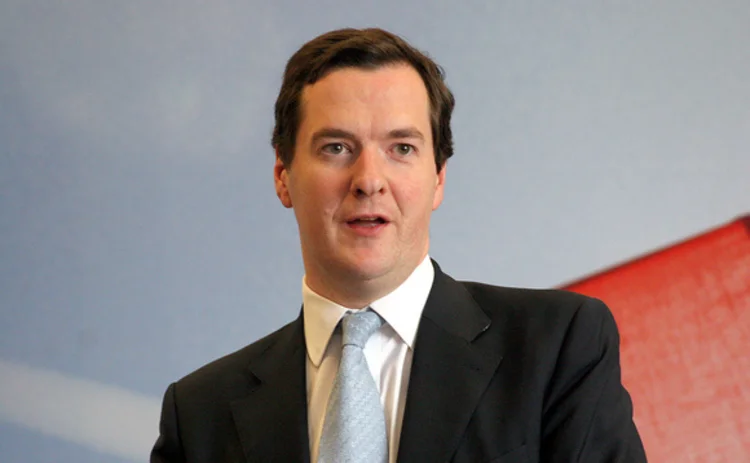
City’s top brass throws weight behind London RMB initiative

London will become the Western hub for offshore trading of Chinese renminbi (RMB), the UK's chancellor George Osborne said this morning as politicians, banking chiefs and public sector officials lined up to show their support for a major initiative to secure London's future role in the high-stakes currency.
"London already represents 26% of the global offshore RMB spot foreign exchange market – the majority is based in Hong Kong. This is a market that grew by more than 80% last year. Let me be
Only users who have a paid subscription or are part of a corporate subscription are able to print or copy content.
To access these options, along with all other subscription benefits, please contact info@centralbanking.com or view our subscription options here: www.centralbanking.com/subscriptions
You are currently unable to print this content. Please contact info@centralbanking.com to find out more.
You are currently unable to copy this content. Please contact info@centralbanking.com to find out more.
Copyright Infopro Digital Limited. All rights reserved.
As outlined in our terms and conditions, https://www.infopro-digital.com/terms-and-conditions/subscriptions/ (point 2.4), printing is limited to a single copy.
If you would like to purchase additional rights please email info@centralbanking.com
Copyright Infopro Digital Limited. All rights reserved.
You may share this content using our article tools. As outlined in our terms and conditions, https://www.infopro-digital.com/terms-and-conditions/subscriptions/ (clause 2.4), an Authorised User may only make one copy of the materials for their own personal use. You must also comply with the restrictions in clause 2.5.
If you would like to purchase additional rights please email info@centralbanking.com







